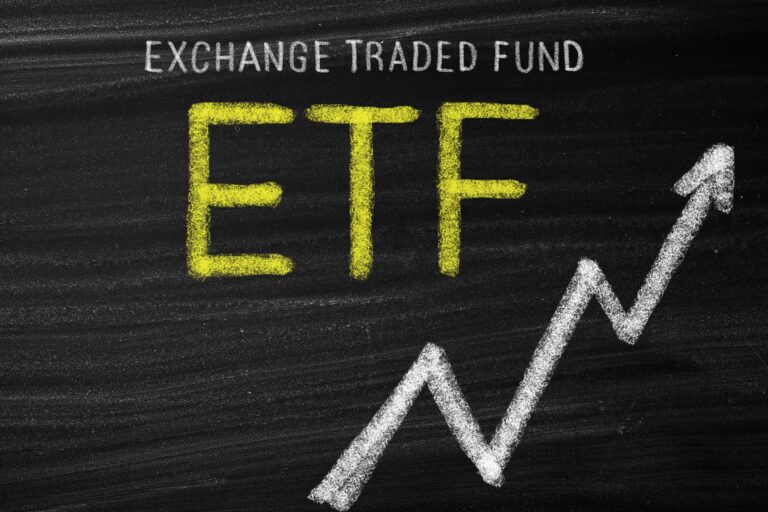
Table of Contents
Everything You Need to Know About Index Funds
Investing in the stock market can seem daunting for beginners, especially with the wide variety of investment options available. Among these, index funds stand out as a simple, cost-effective, and low-risk way to grow wealth over time. Whether you’re a beginner or an experienced investor, understanding index funds is key to building a well-rounded investment portfolio.
What Are Index Funds?
Index funds are mutual funds or exchange-traded funds (ETFs) designed to replicate the performance of a specific market index, such as the S&P 500, Nifty50, or the FTSE 100. Instead of trying to outperform the market, index funds aim to match the market’s returns by investing in all the components of the target index.
How Do Index Funds Work?
Index funds follow a passive investing strategy, which means they don’t rely on active management or stock-picking. The fund manager simply ensures that the portfolio mirrors the composition of the index, both in terms of the stocks included and their respective weights.
For example, if the Nifty50 Index comprises 50 of the largest companies in India, an index fund tracking Nifty50 will invest in the same 50 companies in similar proportions.
Advantages of Investing in Index Funds
Diversification
Index funds provide instant diversification by investing across a broad spectrum of companies within a specific index. This reduces the risk associated with individual stock performance.
Low Cost
Since index funds are passively managed, they typically have lower expense ratios compared to actively managed funds. This means more of your returns stay with you.
Consistent Returns
While active funds aim to beat the market, most struggle to do so consistently. Index funds, however, are designed to mirror the market’s performance, which historically delivers steady long-term growth.
Simplicity
For beginners, index funds are straightforward and require minimal research. You don’t need to analyze individual stocks or track market trends.
Types of Index Funds
Equity Index Funds
These funds track indices composed of stocks, such as the S&P 500 or Nifty50. They are ideal for long-term growth.
Bond Index Funds
These funds replicate indices comprising bonds, offering steady income with lower risk compared to equity funds.
International Index Funds
These funds track indices outside your home country, providing global diversification.
Sector-Specific Index Funds
These focus on specific sectors, such as technology or healthcare, for investors looking to capitalize on sector-specific growth.
How to Invest in Index Funds?
Set Your Financial Goals
Determine your investment objectives, whether it’s retirement savings, building wealth, or funding a major purchase.
Choose the Right Index
Research indices and select one that aligns with your goals. For instance, the S&P 500 is ideal for U.S. equity exposure, while Nifty50 is suitable for Indian equities.
Compare Funds
Evaluate funds tracking your chosen index. Look at factors like expense ratio, past performance, and tracking error.
Open an Investment Account
You can invest in index funds through a mutual fund account, brokerage platform.
Start with a Systematic Investment Plan (SIP)
SIPs allow you to invest small amounts regularly, reducing the impact of market volatility.
Tips for Successful Index Fund Investing
- Stay Consistent: Index funds are best suited for long-term investments. Avoid withdrawing during market dips.
- Reinvest Dividends: Choose funds that automatically reinvest dividends to maximize compounding.
- Monitor Occasionally: While index funds require minimal oversight, reviewing your portfolio annually ensures alignment with your goals.
Who Should Invest in Index Funds?
- Beginners: Index funds are perfect for those new to investing due to their simplicity and low risk.
- Long-Term Investors: They offer consistent growth over decades, making them ideal for retirement planning.
- Cost-Conscious Investors: If you prefer low-fee investment options, index funds are a great choice.
Risks to Consider
While index funds are relatively safe, they do come with some risks:
- Market Risk: Since they track the market, they are exposed to market downturns.
- No Outperformance: They only aim to match the market’s returns, so you’ll never outperform the index.
Conclusion
Index funds are a fantastic investment vehicle for anyone looking to achieve steady, long-term growth without the hassle of active management. With their low costs, diversification, and simplicity, they make the perfect choice for both beginners and experienced investors alike. Start your investment journey with index funds today to secure a financially stable future!




